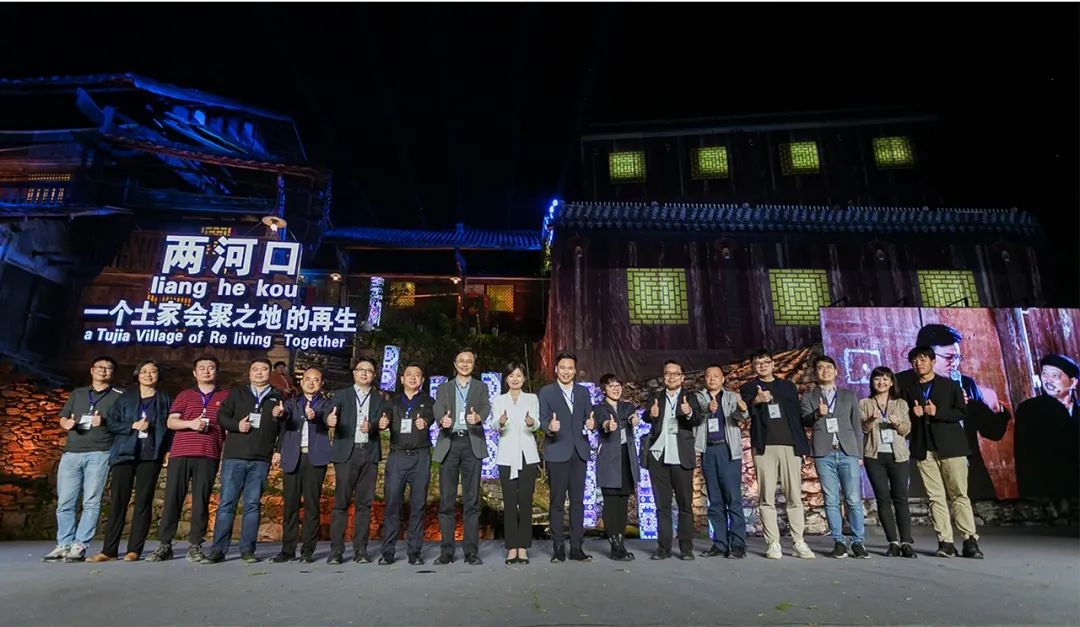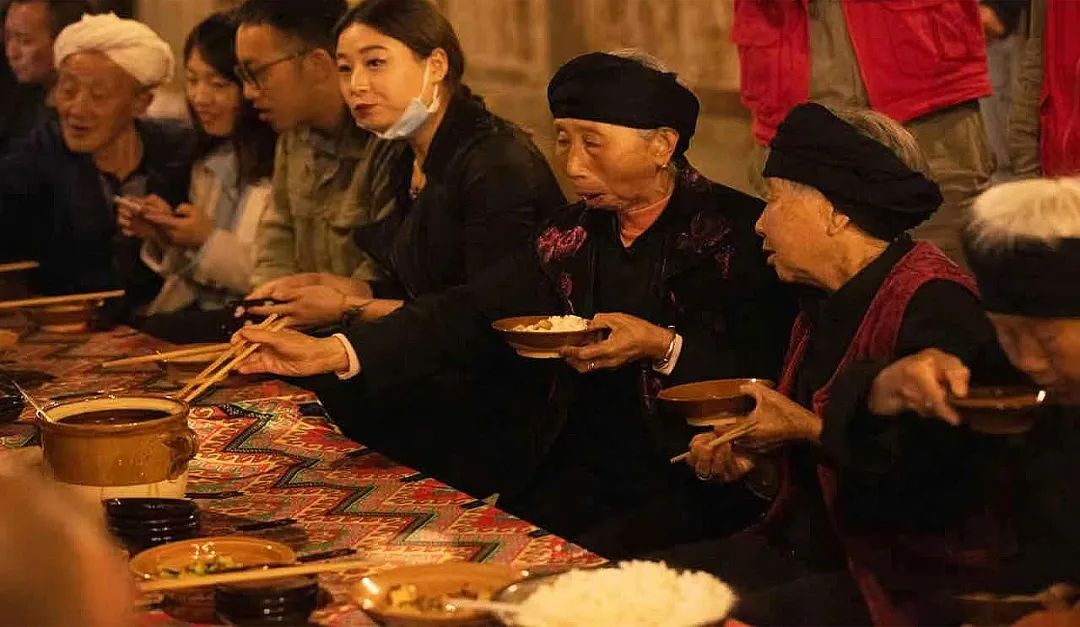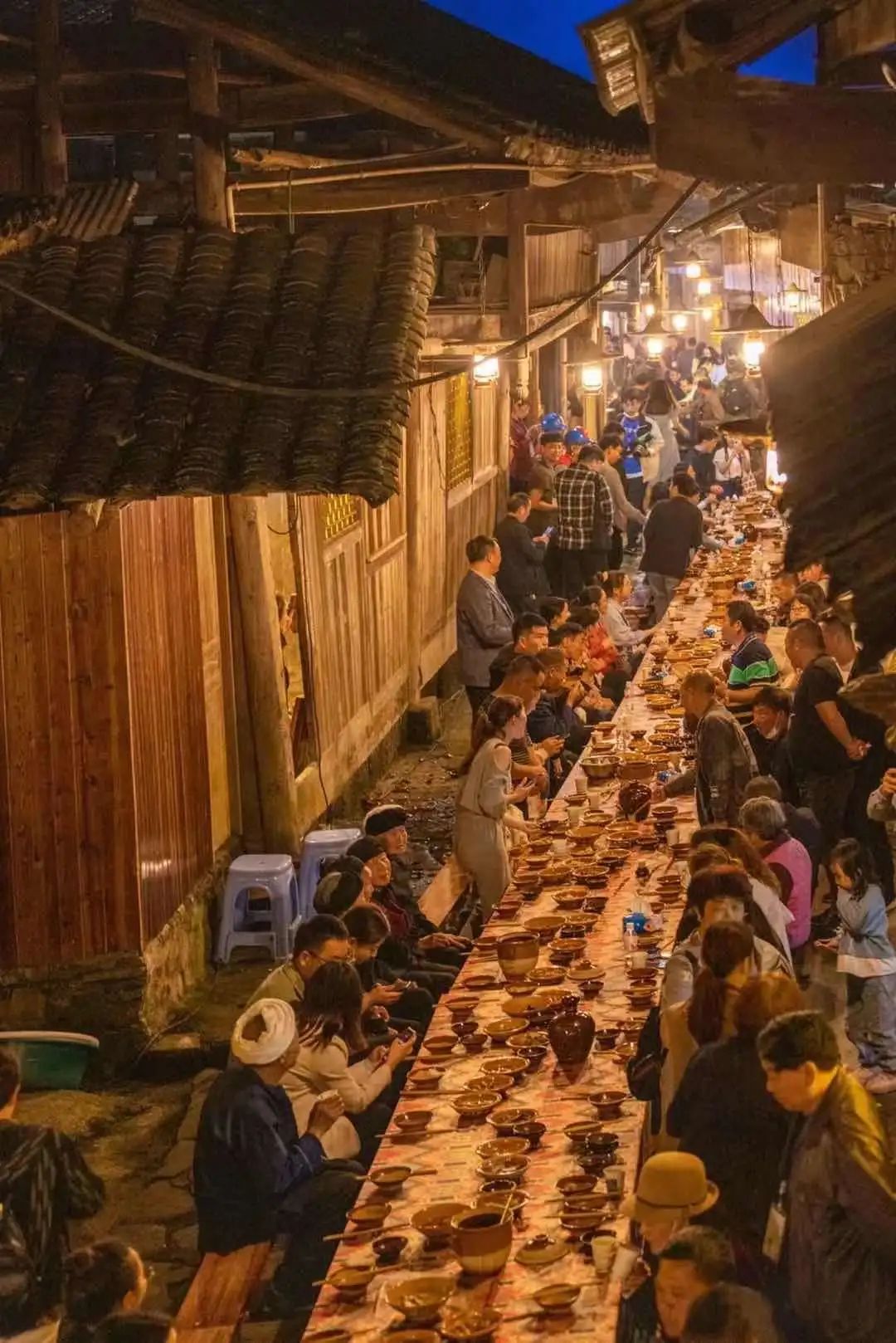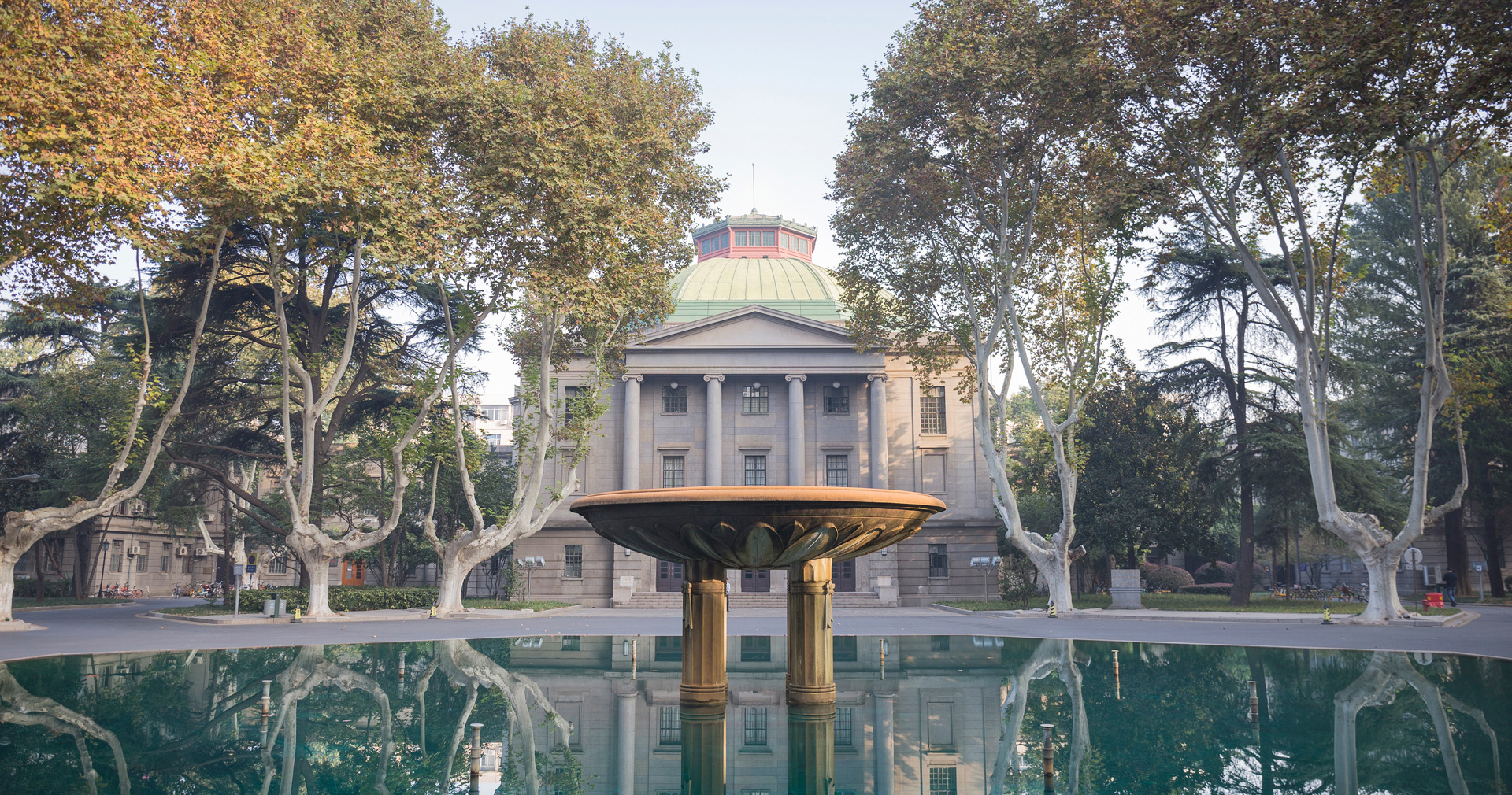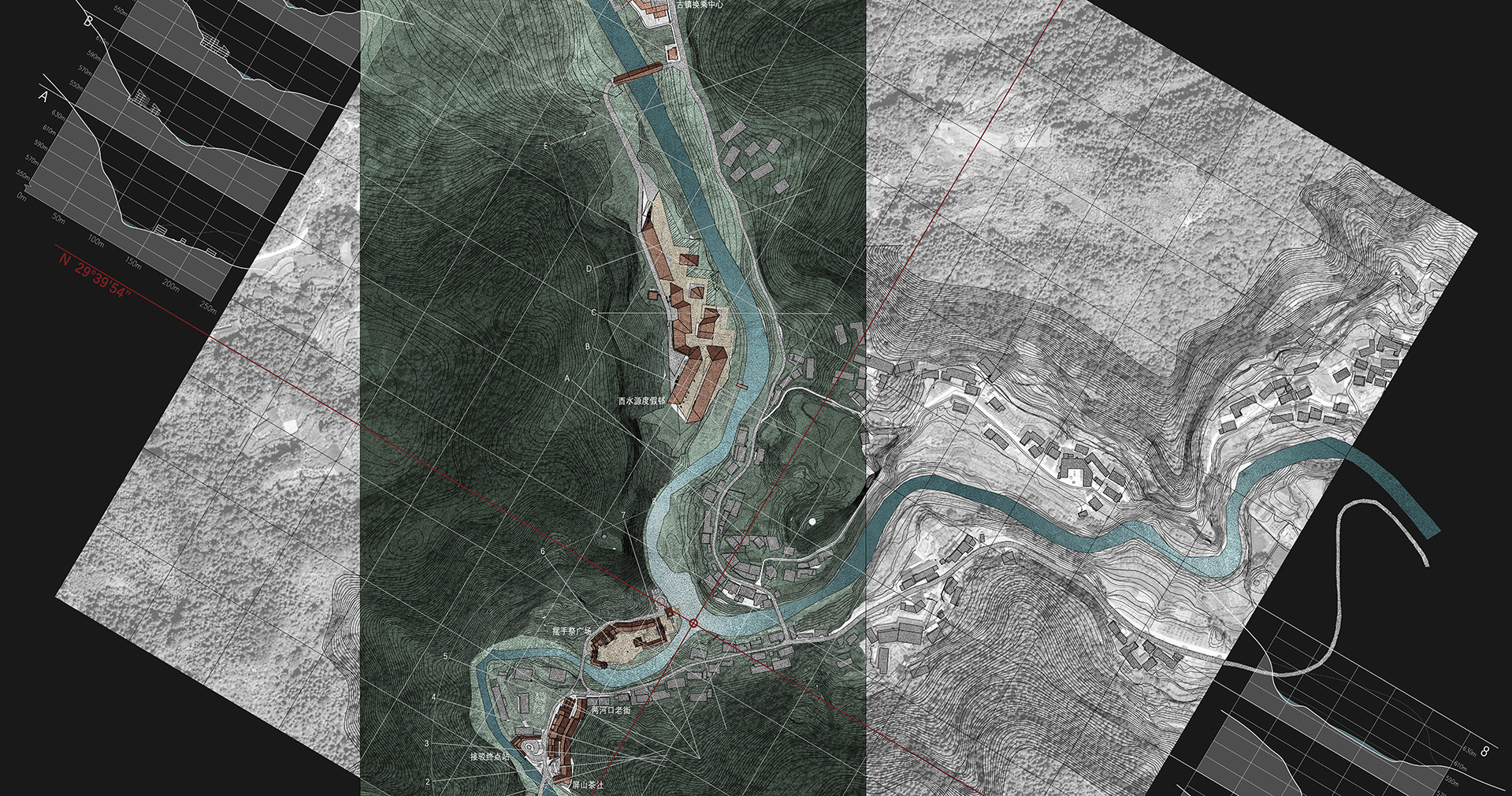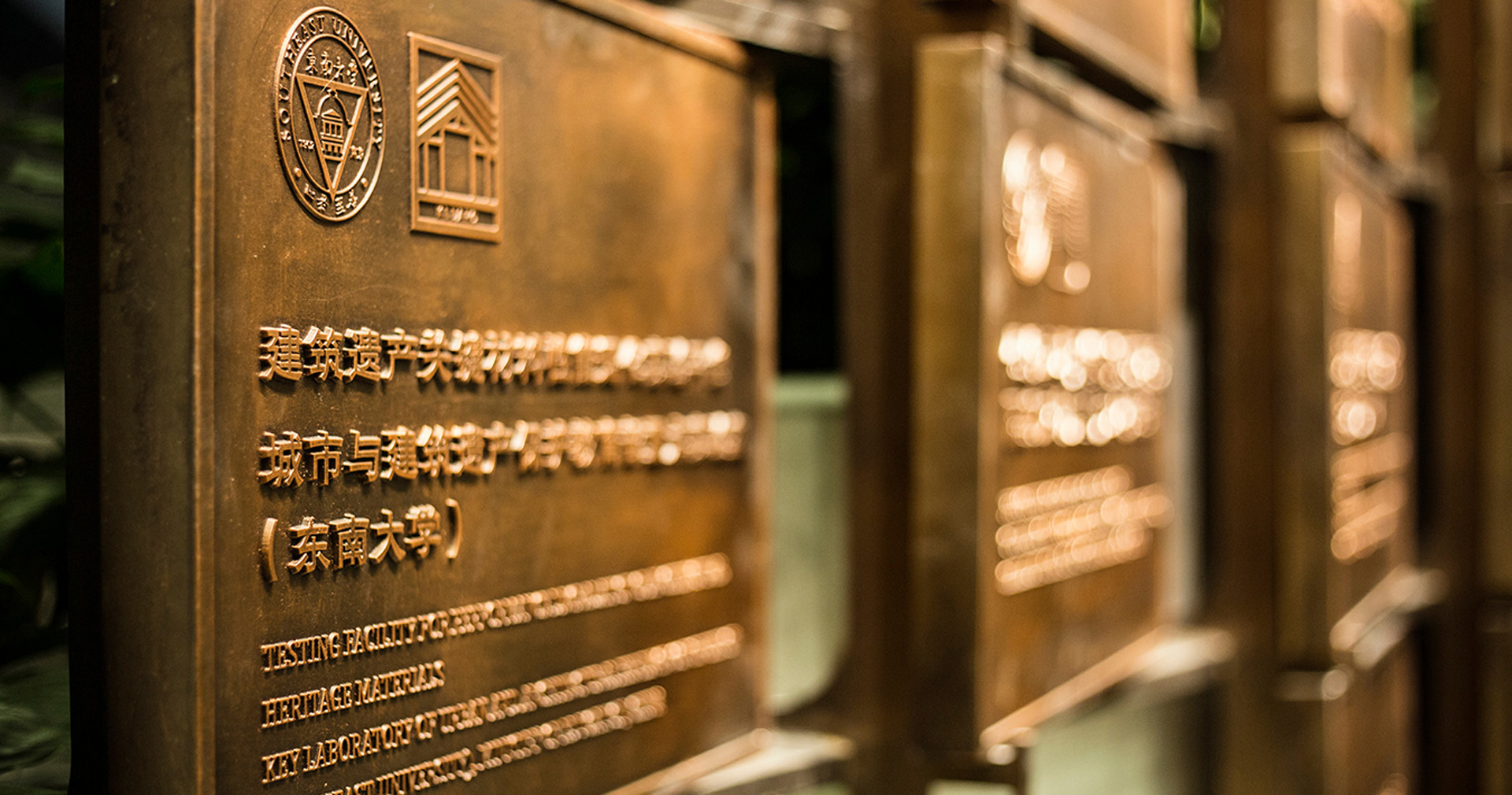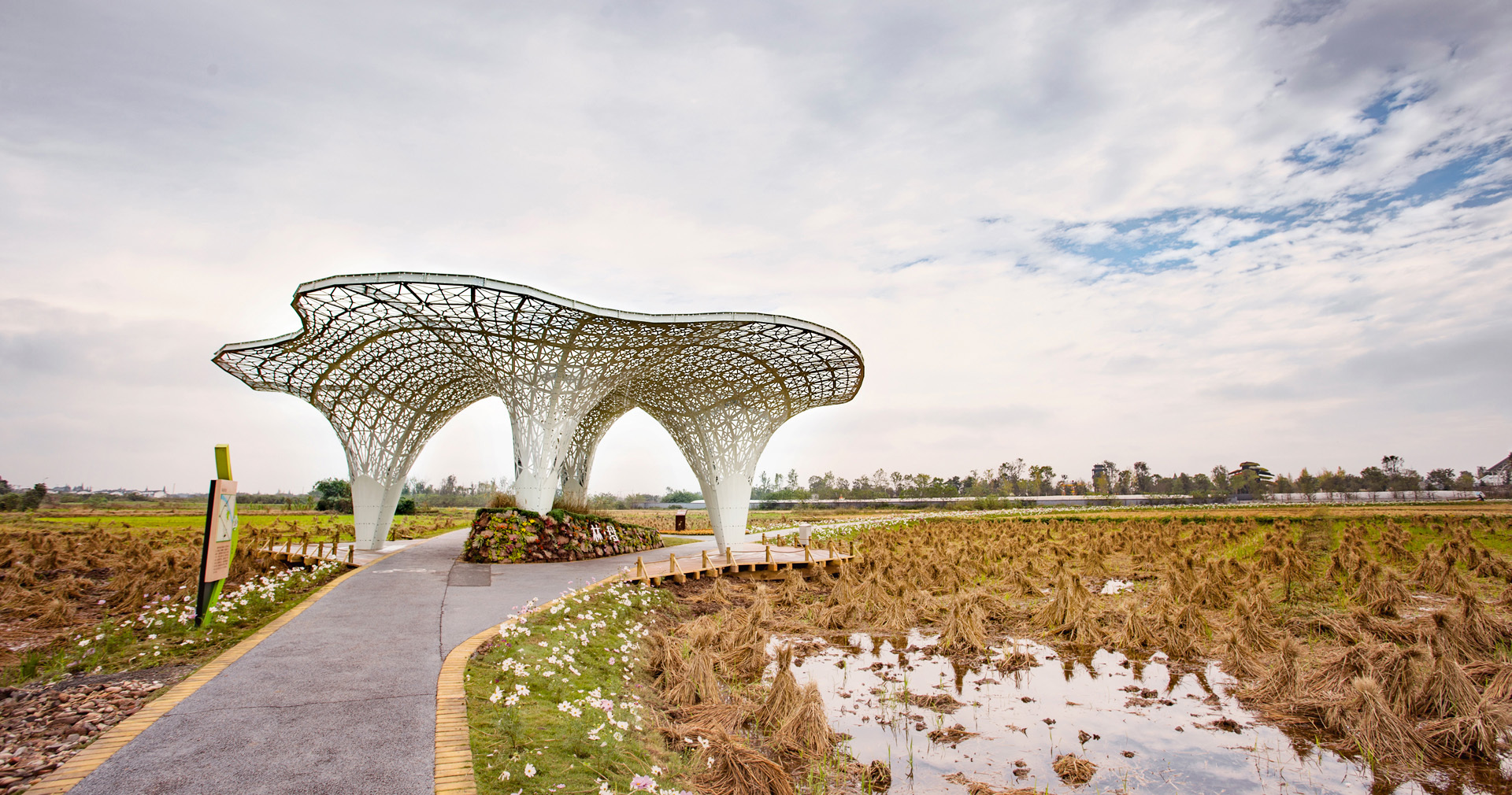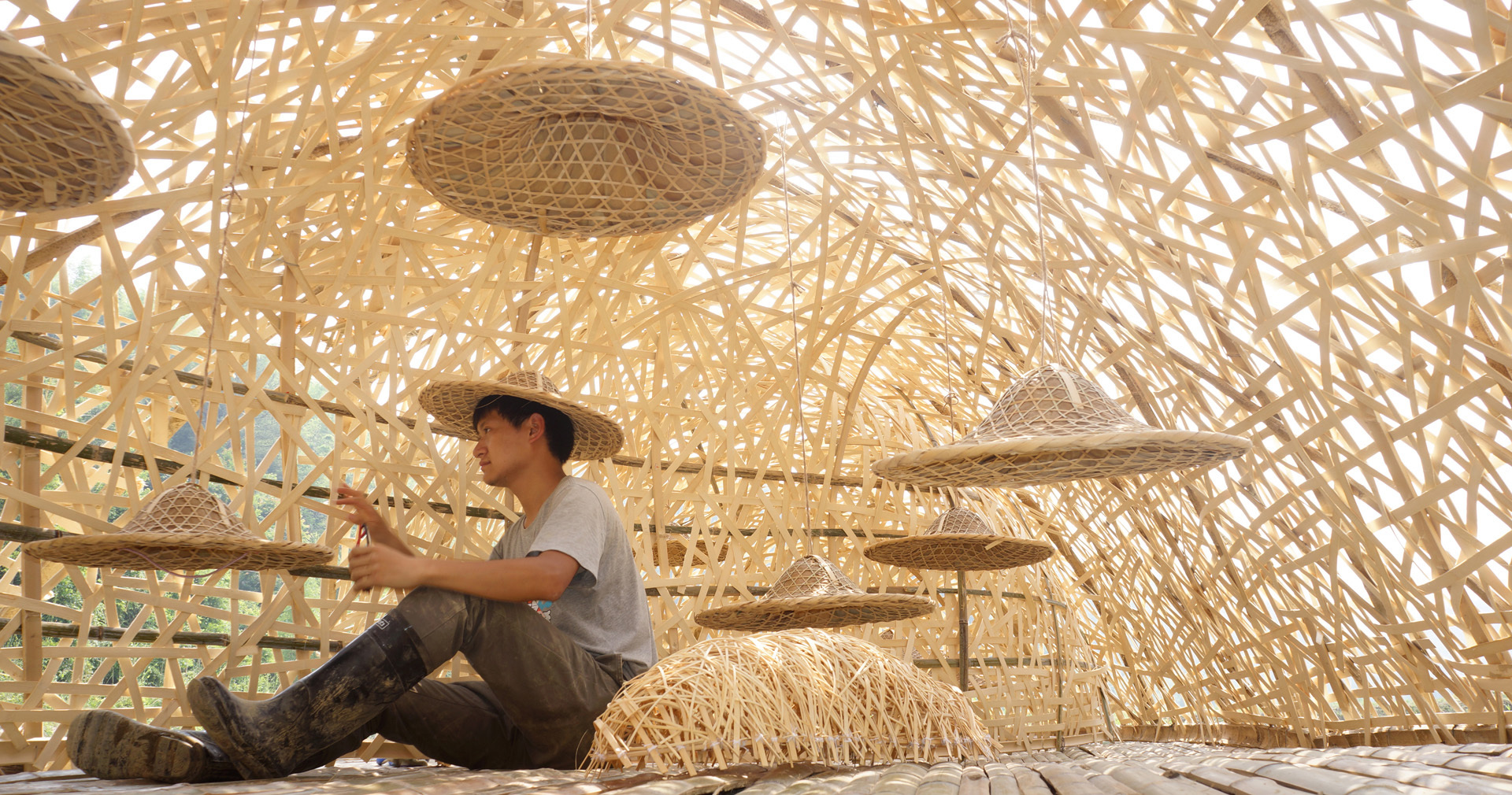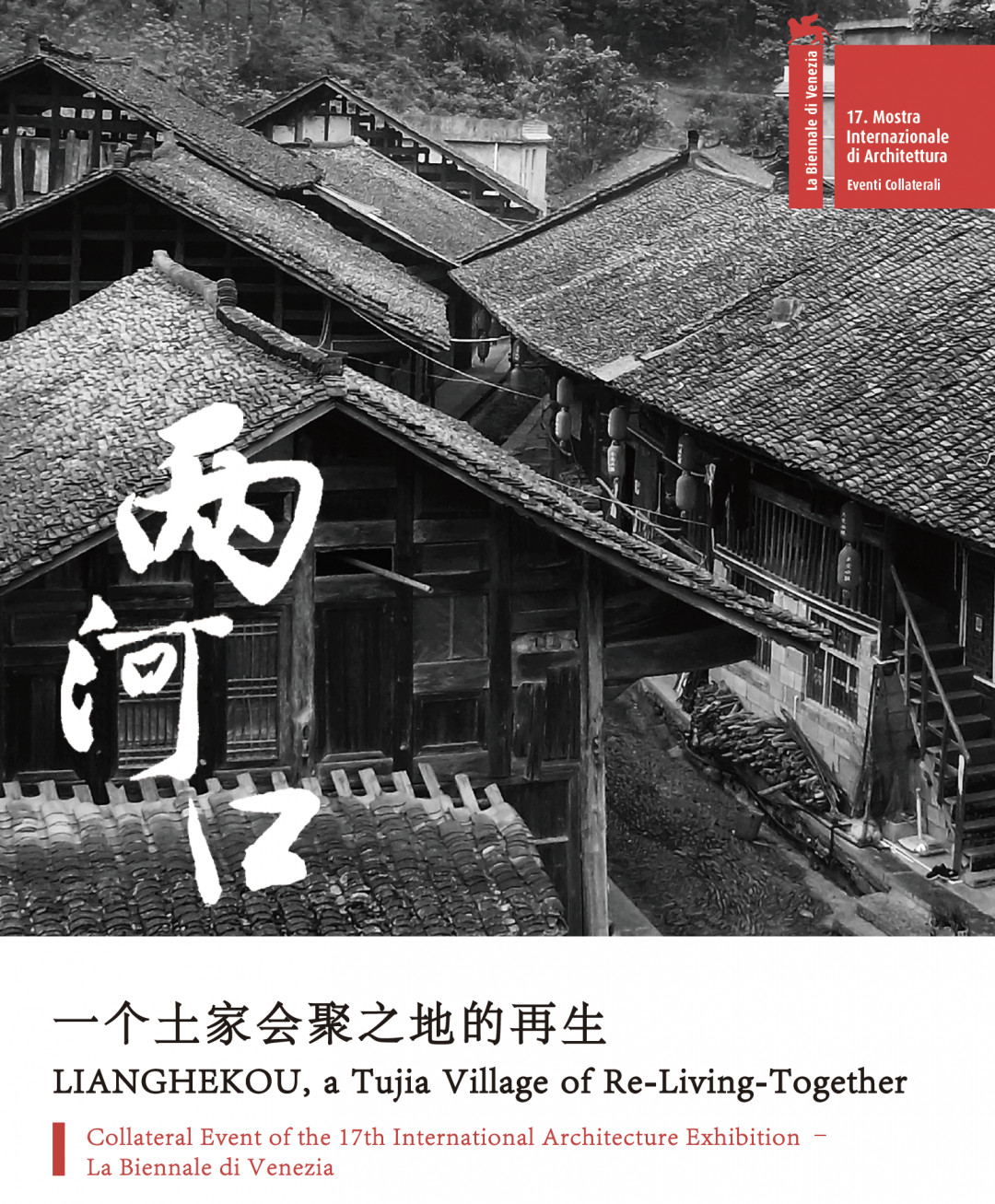
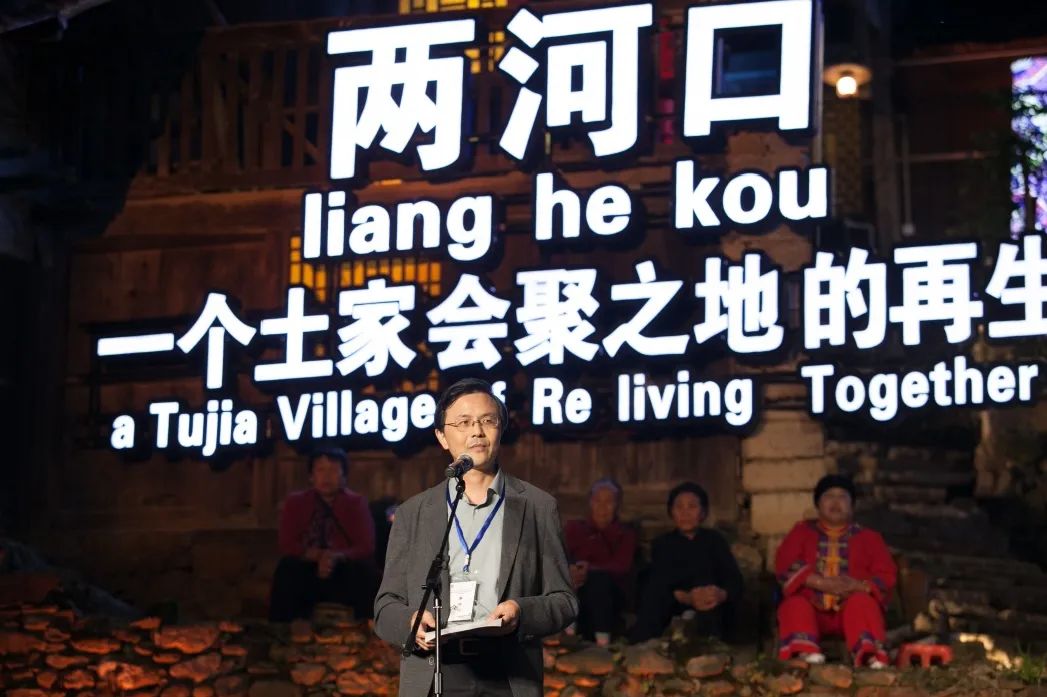
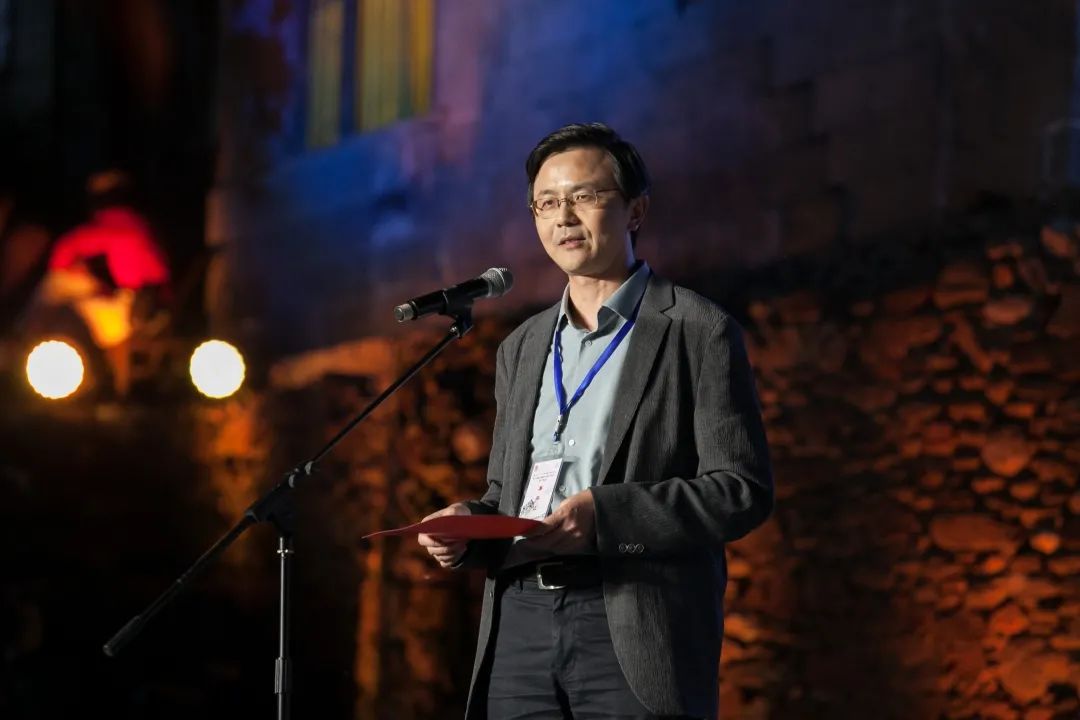
Opening Address, Prof. Zhang Tong, the Curator
Hello everyone! It is my great pleasure standing here to present the real scenario of the work we exhibiting at Venice Biennale.
The village behind me is the ancient street called Lianghekou, which was functioned as a trade and service hub along the ancient salt road, and has been acted as a thriving market and a place of Tujia people living together for almost two centuries till the last 20 years.
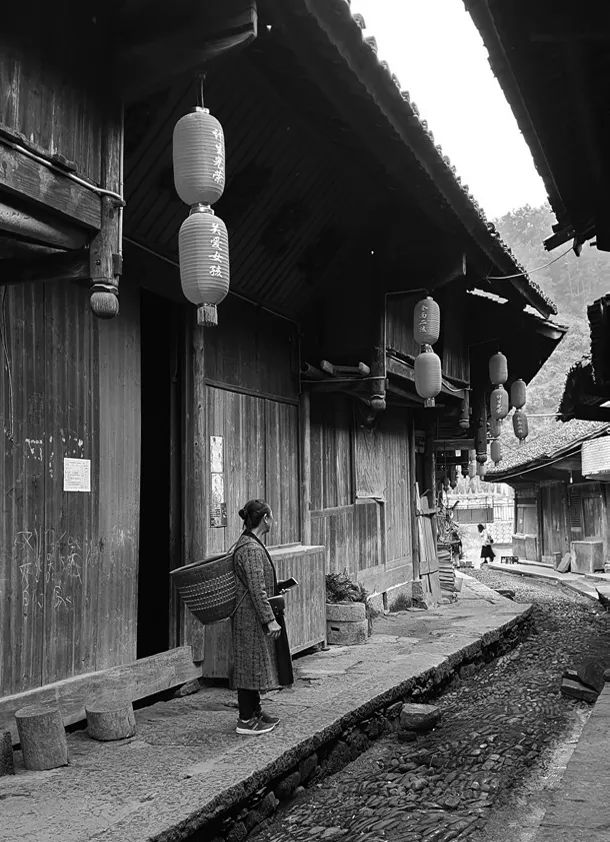
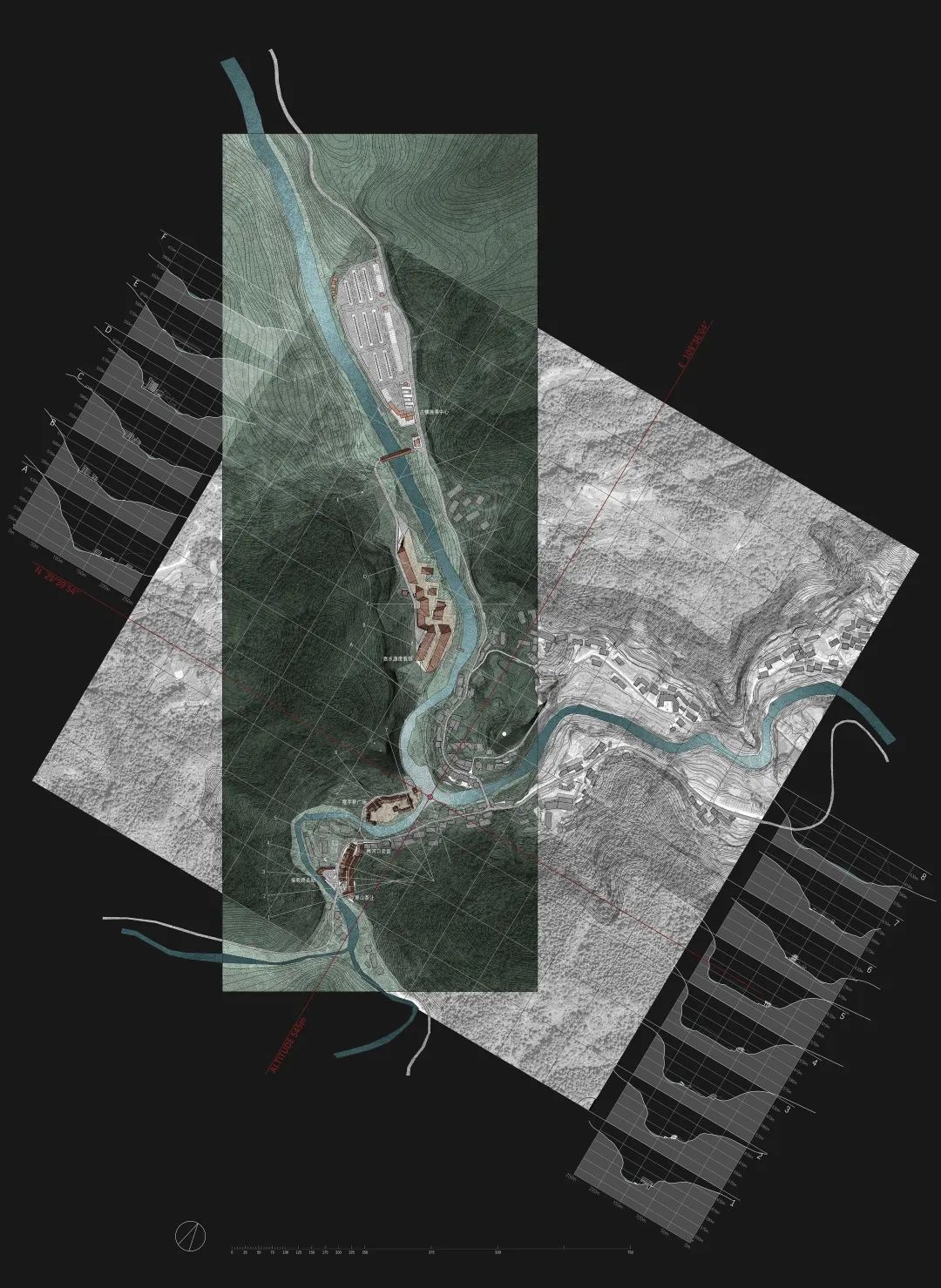
Mapping
Rapid urbanization changed everything. People moved to the cities to make a living. Once flourished community becomes empty.
The recent development of rural tourism provides the chance of revitalization. Then the question comes, how to avoid superficial tourist consumption and conserve the authentic values and identities of the local legacies, so as to regenerate the declined village? That is not only a question here at Lianghekou, but also the challenge faced by all human heritages including Venice.
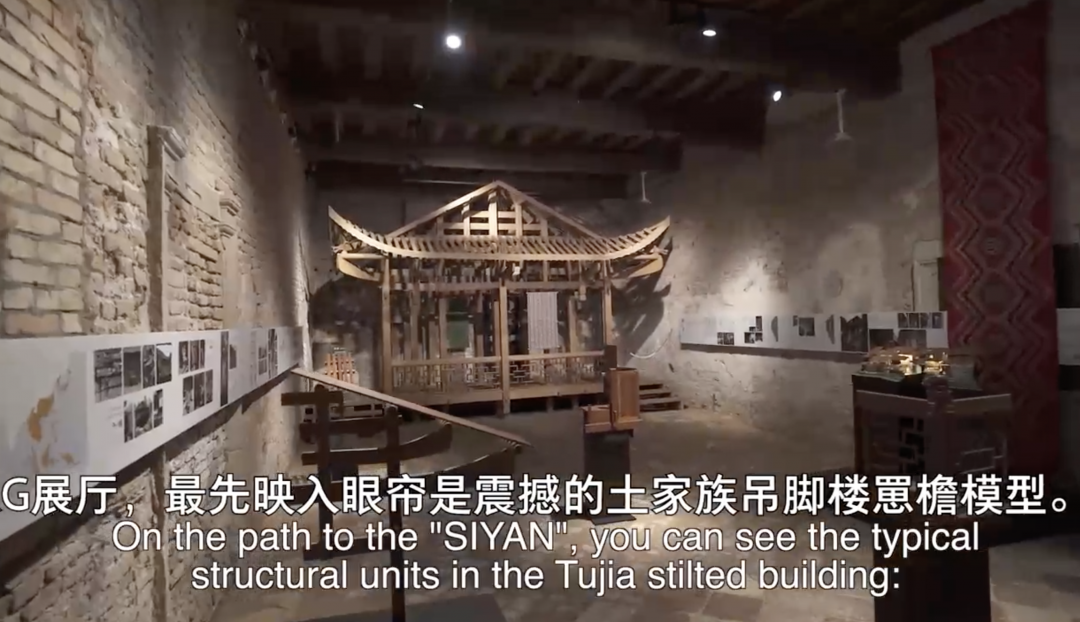
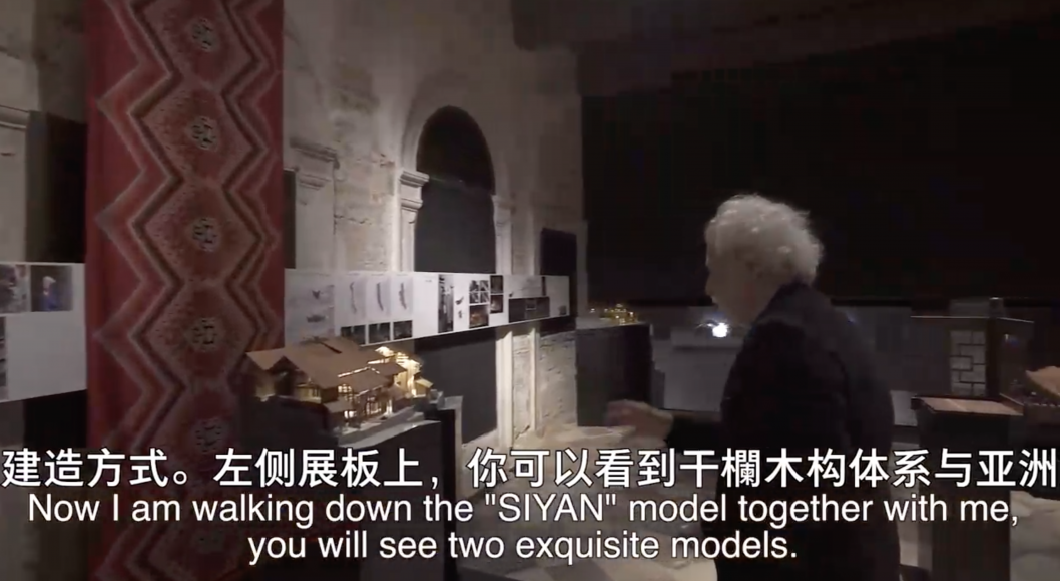
Venice Palazzo Zen Exhibition Hall
As you can see, one of the acknowledged identities of Tujia culture is their house called stilt timber buildings. The wooden construction named as Gan-Lan has been evolved to a highly-developed modular system and assembly construction in centuries. The system shows amazing characteristics of VARIABILITY, FLEXIBILITY and ADAPTIVITY to the various context of site and function. Actually it was this highly flexible system makes the village self-regenerate, keep livable, adapting to the change of life during the past 200 years. The second question is that does this unique tradition of self-adaptivity still possesses the architectural resilience even if there happens such drastic changes in contemporary urban and rural life?
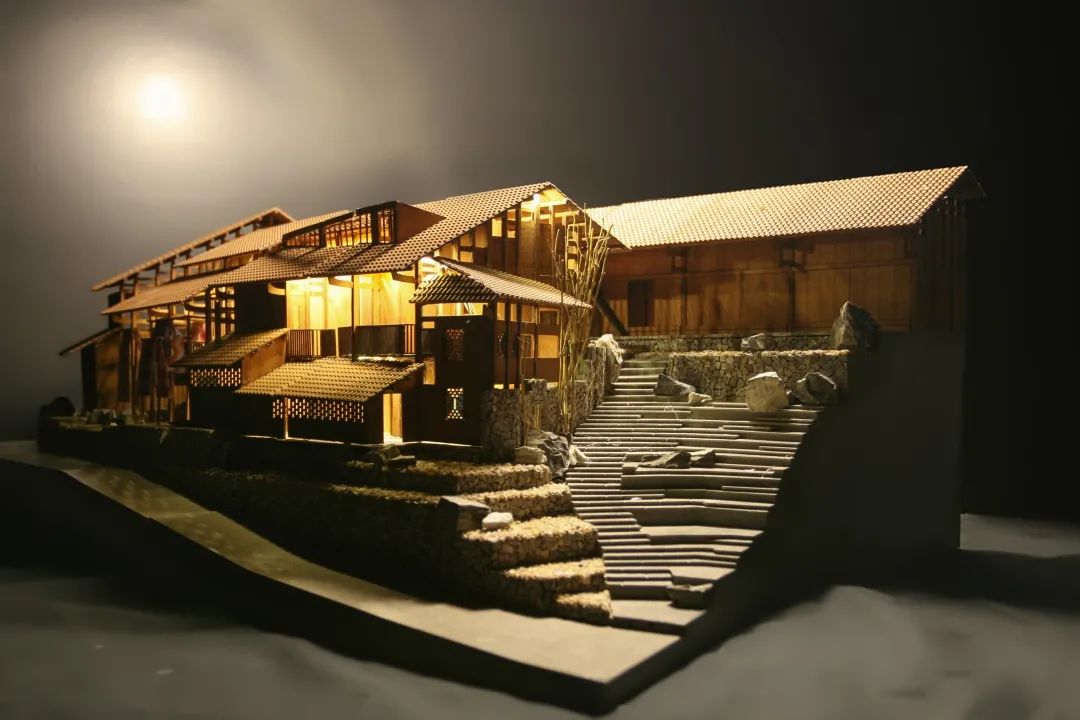
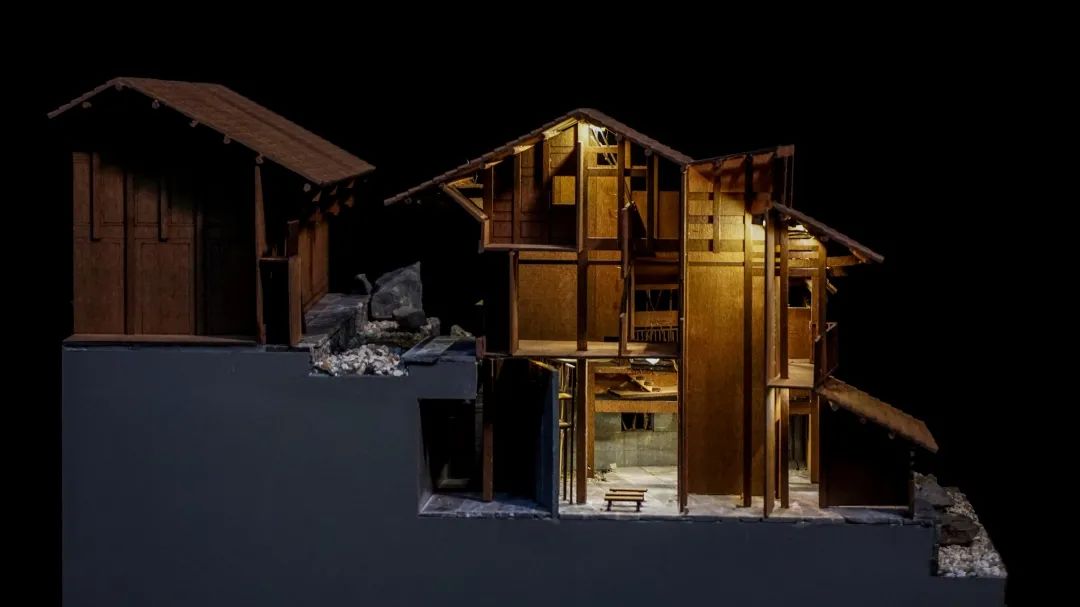

With these two questions, the professors and students from 4 universities has been working on this village since 2019. The result of experimental studies and reflective practice are now being presented both at Palazzo Zen in Venice and Lianghekou here on site. We are very appreciated that our work could be selected as the official Collateral Event of the 17th Venice Biennale to present our thinking and acting. I hope that, with continuing collaborative efforts of different sectors including our Italian partners, the practical renewal of Lianghekou can provide a convincing China case with lasting values of rural revitalization and cultural regeneration for the whole world.
